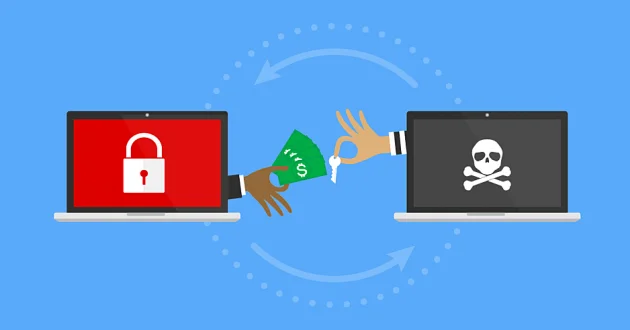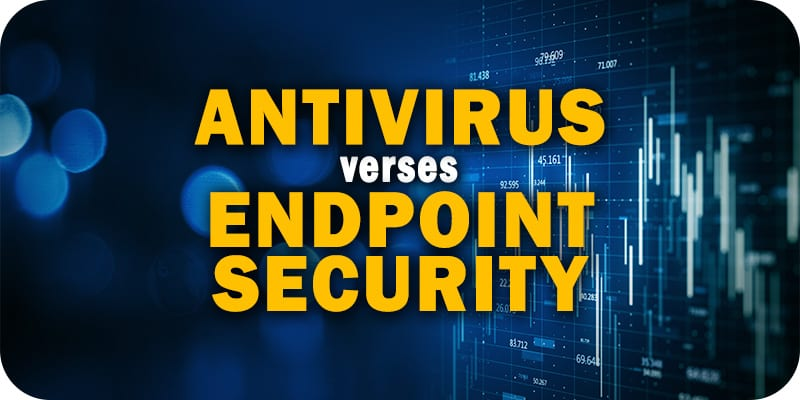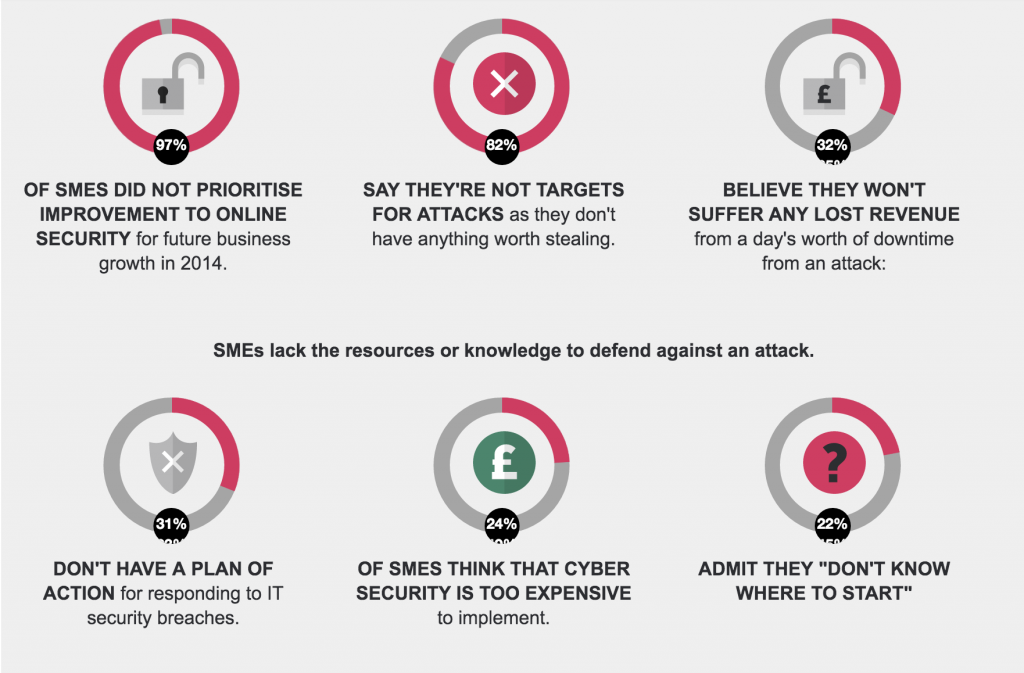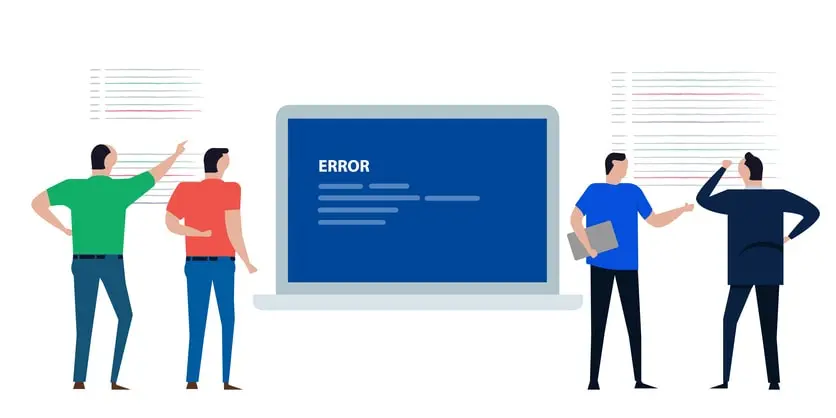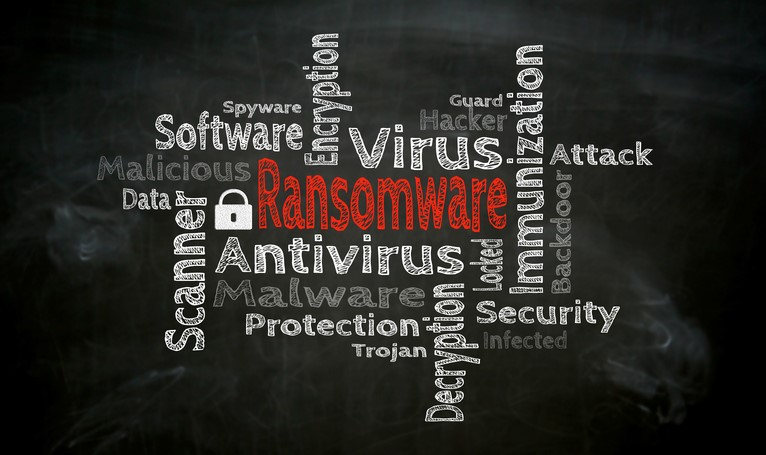What’s Ransomware?
Updated on October 11, 2022, by Xcitium

One of the leading online threats we face today is ransomware. So much so, tech security companies continue to develop newer cybersecurity measures meant to prevent digital attacks. Ransomware removal can be a tedious process, not to mention traumatic, too. But what’s ransomware, exactly?
Ransomware
At its core, ransomware is a malware type that’s designed to encrypt a user’s data. Only when a ransom is paid for will victims be given the decryption key to gain access to their computing device again. Still, there isn’t a solid guarantee that one can control their computer again if a ransom is paid for. This is precisely why it’s a growing threat. It’s stressful, damaging, and very much a potent form of thievery.
What’s Ransomware Have To Do With Phishing?
“What’s ransomware got to do with spam emails,” you ask? A lot.
Like human viruses, ransomware also continues to evolve. At present, ransomware variants continue to increase, but their transmission has mostly been the same. Spam emails are the number one gateway to ransomware.
An unsuspecting user could download and attachment or click a shady link, and immediately ransomware can find its way to a system. While older versions of the malware require administrative access, more sophisticated versions of the malware no longer need a user to permit it. Many times, ransomware immediately encrypts your data and locks you out of it.
Apart from emails, other ways ransomware can spread is through public wi-fi connections, and fishy USB drives. In comparison, this isn’t the only way, how to prevent ransomware also mostly dependent on how careful you are with your computer.
This is why when we ask the question, “what’s ransomware?” We should also consider how else we can better protect our laptops and PCs and assess if our current computing activities leave room for ransomware attacks.
How To Prevent Ransomware
What’s ransomware’s best defense? A lot. How to prevent ransomware doesn’t stop with common sense. Over are the days when one just had to be extra careful to make sure viruses don’t infect their computer. Here are great tips to remember to make sure you never have to worry about ransomware removal:
● First of all, always backup your data. The number one reason why ransomware is extra stressful to a lot of organizations is that their access to valuable and sensitive data is found only on their computers. When you run a business or lead a team, make sure the data you need can be accessed via cloud services. If not, always store data in other hard drives. That way, when a ransomware attack ensues, you’re better prepared for the situation. And while, obviously, not desirable, you never have to give in to a ransomware author by paying a fee. It’s also much more comfortable and quicker to wipe out your entire system’s memory than negotiating to a digital fraudster. Furthermore, never forget to secure your backup, too. The more your files are accounted for. The easier it will be to gain what you lose if you lose them.
● Sign up with a credible cybersecurity program. When your computers are protected by reliable antivirus or anti-ransomware applications, malware attacks will be a thing of the past for you. For instance, Xcitium Cybersecurity has great reviews and advanced security technology to ensure your computing devices are never left vulnerable and susceptible to digital attacks. It also helps that Xcitium Cybersecurity is one of the most affordable security brands around!
● Be a responsible internet surfer! While this may seem like common sense, never reply to people you shady emails and text messages that demand your personal details. Before downloading files and attachments, make sure you know who the sender is first, too. Malware authors can easily disguise themselves and oftentimes even come up with safe-looking content. Always be on your guard!
● How is malware able to access my device, and what’s ransomware have to do with my internet connection? As mentioned earlier, this malware type continues to evolve. Avoid using public wi-fi connections when possible. Because not many of them are designed to prioritize a user’s safety in mind, cybercriminals can easily hack into a system and gather your details. Once they do, they can use this against you if they hack your computer.
Looking for reliable and award-winning computer protection? Contact Xcitium Cybersecurity today!





